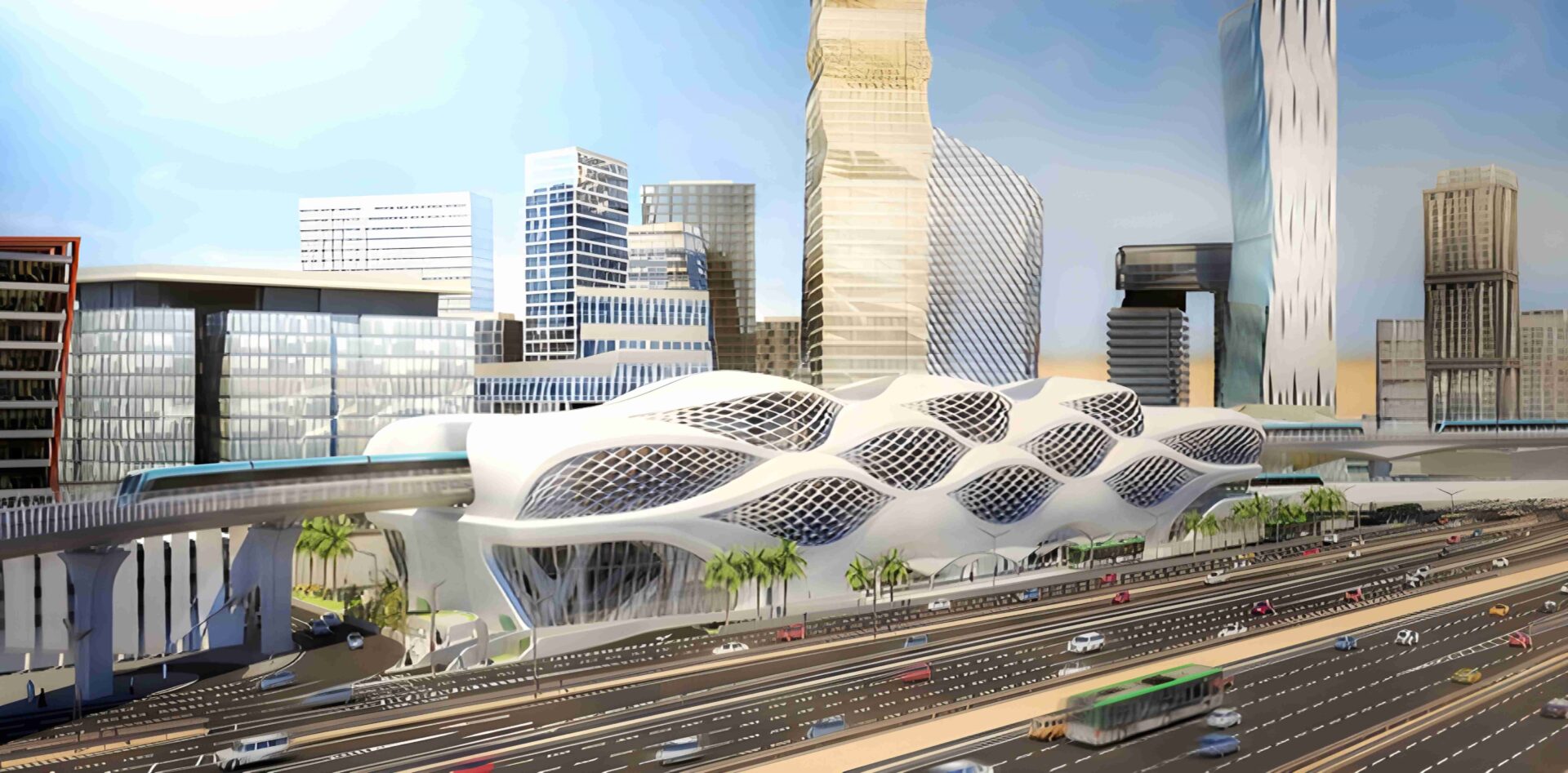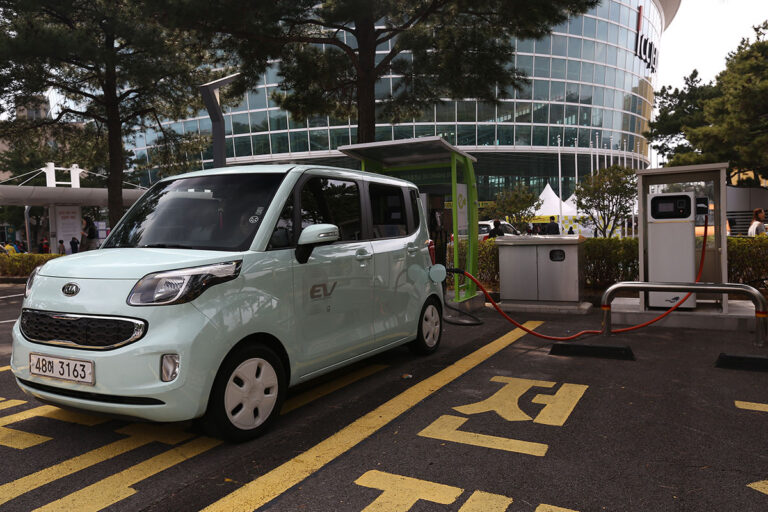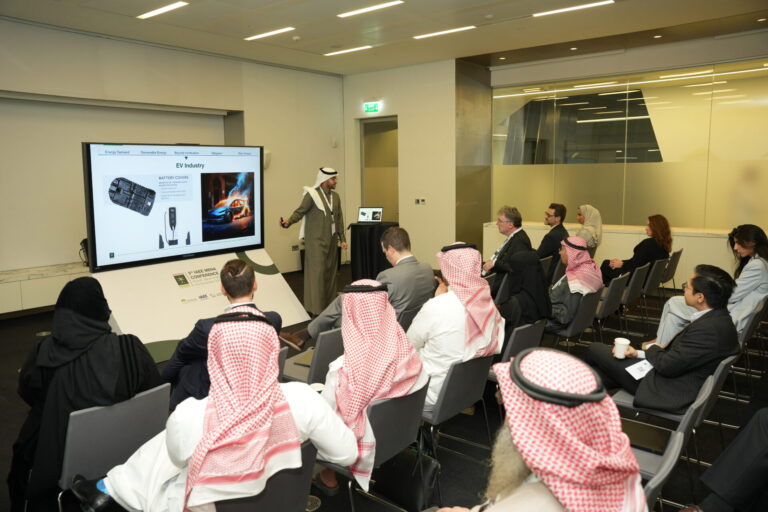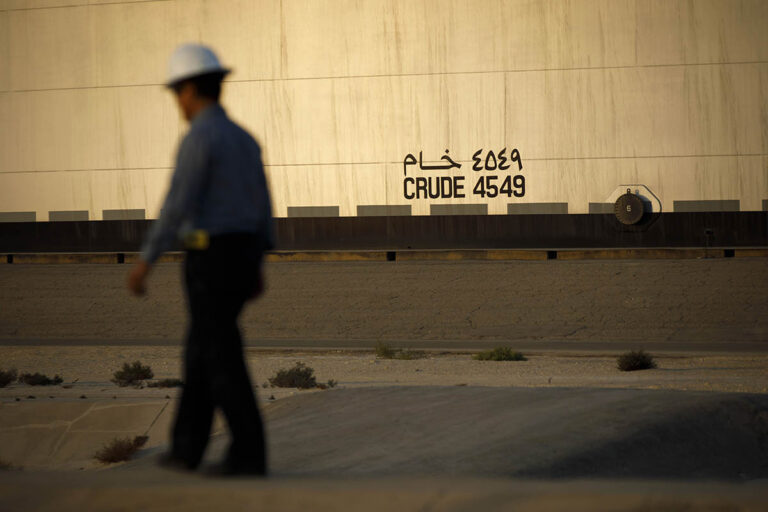Encouraging people to swap the comfort and freedom of their own cars and public transport is a key challenge facing city authorities globally. In Riyadh, the new metro system will open in late 2024, but willingness to use it depends on many complex factors.
“Saudi’s Vision 2030 aims to create energy-efficient cities that will help meet net-zero targets,” says Mehbub Anwar at KAPSARC’s Department of Transport and Infrastructure. “However, of Riyadh’s eight million daily trips, around 85% are made by car and only 2% by bus.”
To understand people’s willingness to shift from cars to the new metro, Anwar’s team used a survey from the Royal Commission for Riyadh City (RCRC) involving 196 Riyadh-based drivers. They provided the participants with nine hypothetical scenarios based on factors including travel times, fares, and walking/transfer requirements. By analyzing their choices, the researchers gained valuable insights. They also considered personal factors that might affect preferences, such as age, education, and employment.
They found that even a small reduction in travel time, just five minutes, would significantly encourage metro use. If walking to a metro station takes five minutes, along with lower travel time and cost compared to driving, there is a 65% chance that people will choose the metro. Reducing the walking distance to just one minute increases the likelihood to 75%. This highlights the importance of ensuring good pedestrian access to all metro stations.
“In Saudi Arabia, there’s a strong push for transit-oriented development, which focuses on creating high-density residential or employment areas around metro stations to reduce walking distances,” says Anwar. “This is vital in a country with a harsh climate and intense heat, which has understandably lowered the interest in walking and cycling.”
Anwar recommends that shaded walkways between buildings should be improved, and new pedestrian access prioritized. He acknowledges that it can be difficult for people to switch as changing routines takes considerable effort. While the team found that people with higher education levels are more likely to choose the metro, they suggest that promoting environmental awareness could encourage more people to use it.
“Investing in the Riyadh metro is a timely move to challenge traditional habits, and improve not just our local pollution levels, but also our wider impact on the environment,” says Anwar. “A low-impact, highly efficient public transport system must also be as appealing as possible.”
Reference
1. Anwar, AMH. M., Oakil, A.T., Muhsen, A., & Arora, A. What would it take for the people of Riyadh city to shift from their cars to the proposed metro? Case Studies on Transport Policy 12: 101008 (2023). | Article




